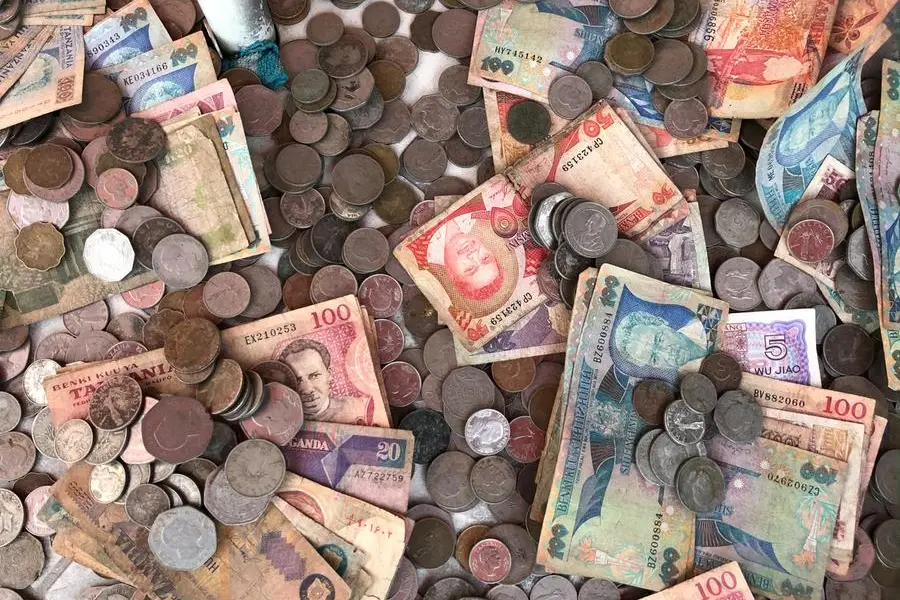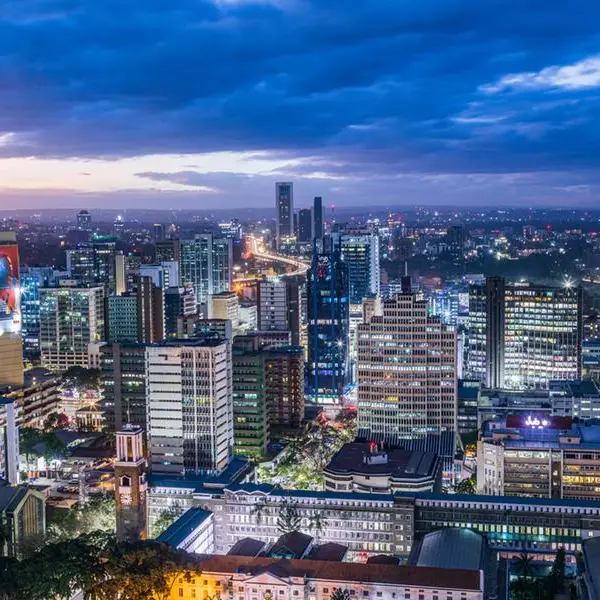PHOTO
Fund managers focused on raising private capital for African companies more than doubled their funds to $4 billion in 2024, the third highest value in 10 years.
Most of the funds (42 percent) came from development finance institutions (DFIs), demonstrating the continent’s growing appeal to investors despite its macroeconomic headwinds.
The amount, which represents a 110.52 percent increase from $1.9 billion in 2023, was raised in final closes across 22 funds, boosted by a resurgence in commitments to infrastructure and private equity funds, according to the latest study by the African Private Equity and Venture Capital Association Ltd (AVCA).
The African Private Capital Activity report, dated April 2025, shows that DFIs contributed 42 percent of the $4 billion, while African investors increased their commitments between 2022 and 2024, growing their share from 14 percent to 19 percent.
The rebound in private capital activity on the continent pushed the value of fundraising above the $2.7 billion annual average of the previous five years (2019–2023) and ended two consecutive years of decline.“Steady commitments into private equity funds further bolstered fundraising values as the asset class, alongside Infrastructure funds, each accounted for 30 percent of the total value of final closed funds,” the report says.
Southern Africa tops
Regionally, Southern Africa continued to stand out as a top destination for investments in Africa, attracting $2 billion in private capital invested across 129 deals, followed by West Africa (105), East Africa (99), and North Africa (77).
The financial sector remained a key pillar of investment activity across the continent in 2024, accounting for 23 percent of total deal volume and 33 percent of deal value.
Overall, deal volume within the financial sector grew by 18 percent, driven by a notable 31 percent increase in financial services deals.“Investors gravitated towards companies offering digital financial solutions, capitalising on Africa’s dynamic start-up ecosystem to pursue opportunities deepening financial inclusion in the continent with the help of technology,” the report says.“While investments in traditional banking and insurance services have been on a downward trend since the record highs of 2022, this decline in deal volume did not translate into a fall in value.”
The report notes that the total investment value in banking and insurance companies matched the 2022 peak, buoyed by the successful completion of another major funding round for TymeBank, a digital lender that achieved unicorn status in 2024, with deal value in the sector climbing 29 percent year-on-year.
Consumer staples showed tremendous growth, with deal values growing to $200 million in 2024, from $100 million in 2023, driven by increased volume of investments in food-producing and processing companies in Southern and East Africa.
According to the report, the average private capital deal size declined to $15.2 million in 2024, from $18.2 million in 2023, while the average holding period for the investments increased slightly to 6.6 years, from 6.3 years in the same period.
Large funds
In 2024, there was a strong concentration of commitments in large funds (above $250 million), which propped up overall final close values amid a stagnation in commitments within small funds (below $100 million).
Large funds accounted for 66 percent of the total final close values, the largest share since 2021, driven by a 2.8 fold increase in the value of upper midsize funds ($250-500 million), while the return of supersize funds (above $500 million) in 2024 made a significant contribution to overall fundraising values.
According to the report, fund managers navigated the African investment terrain cautiously following a prolonged period of economic volatility.“2024 brought a partial exhale for Africa’s private capital industry,” the report says. “While some markets in Africa emerged from the turbulence and showed signs of stability, others remained caught in the crosswinds of persistent macroeconomic challenges that have defined Africa’s economic landscape in recent years.”South Africa and Kenya stood out for their relative stability, holding steady even as they navigated political disruptions (nationwide protests in Kenya and the general election in South Africa).
Fund managers raised $4.5 billion and $4.4 billion in 2015 and 2021, respectively.
Compared to global fundraising outcomes, where most regions experienced a pullback in commitments, Africa posted a 2.2 times year-on-year surge in final close values in 2024.
According to the report, private equity shook off years of fluctuating activity to record a 51 percent year-on-year surge in deal volume and a 25 percent increase in deal value, driven by increased investments in both growth capital and buyout opportunities.
Venture capital
On the other hand, private debt investments maintained the momentum, which began in 2022, with deal volume registering a modest 10 percent increase and deal values climbing by 36 percent as fund managers gravitated towards opportunities within the small and medium-sized enterprises.
In 2024, venture capital entered its second and third consecutive years of decline by deal volume and value, respectively, as the persistent headwinds of 2022 continued to weigh on the asset class.
Despite the decline in investment, venture capital maintained its stronghold as the leading asset class in Africa, accounting for 58 percent of total deal volume, and 37 percent of total deal value.
© Copyright 2022 Nation Media Group. All Rights Reserved. Provided by SyndiGate Media Inc. (Syndigate.info).





















